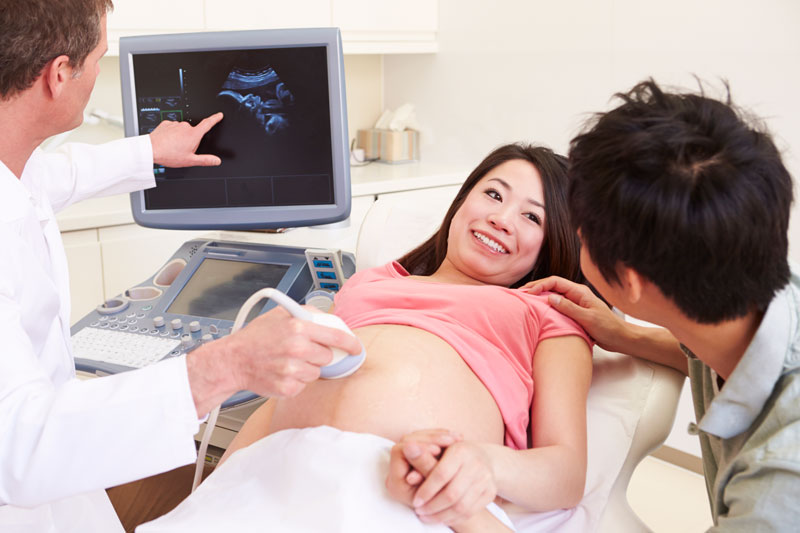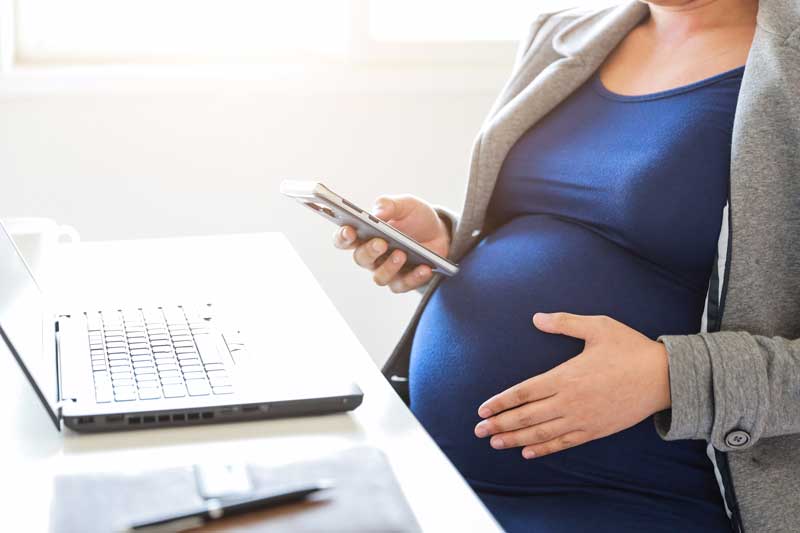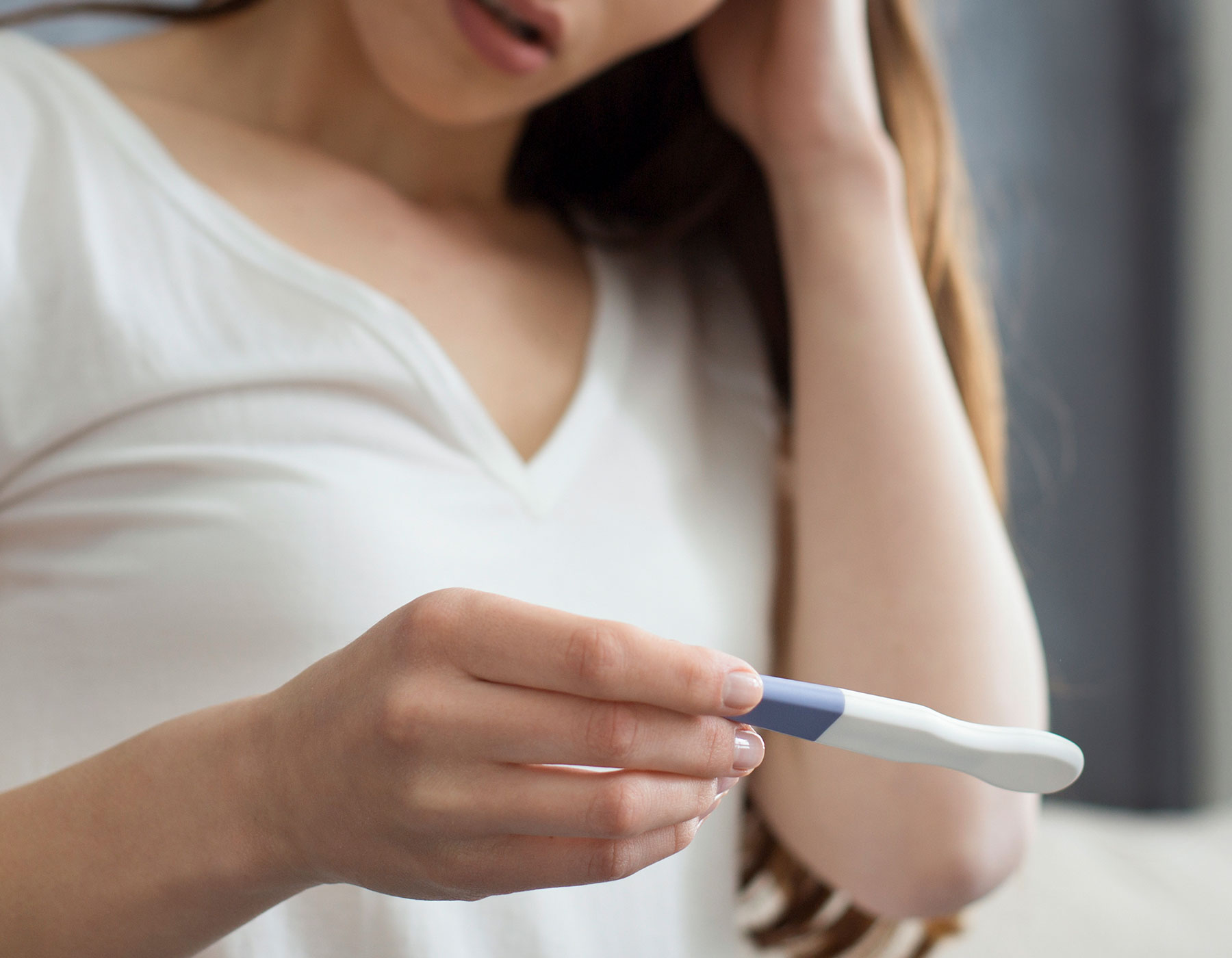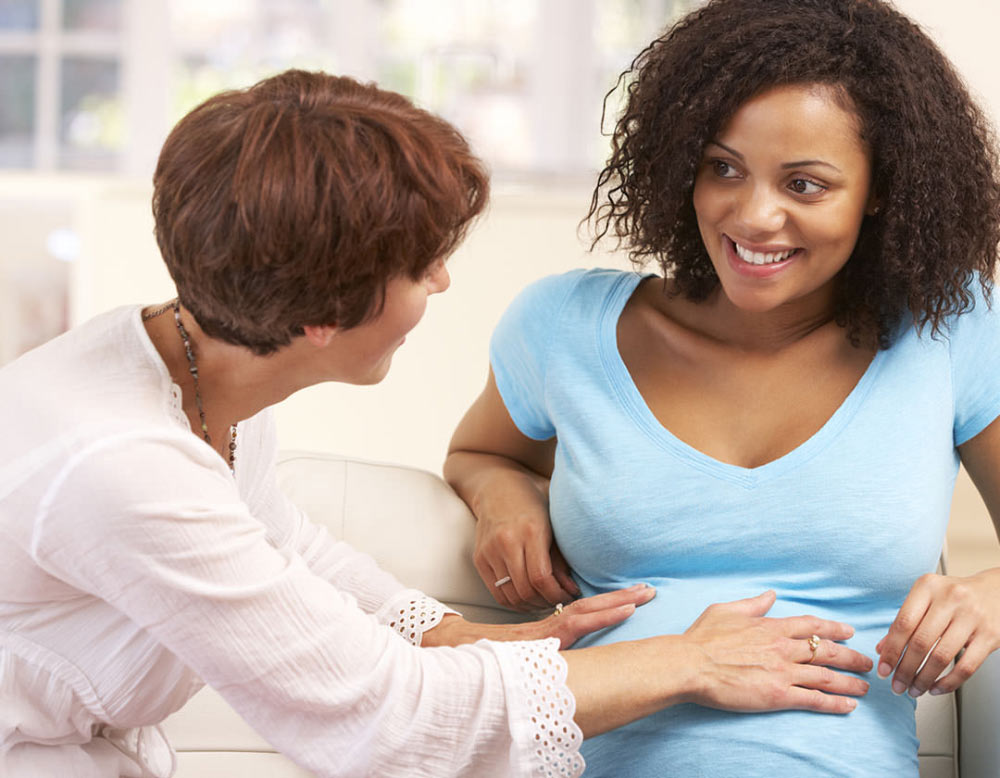Resources & Help
We’re here to help you succeed in your journey.
Patient Information Resources
-
Pre-pregnancy
-
General pregnancy advice
-
First and Second trimester issues
-
Third trimester issues
- Antenatal education and classes
- There are many options out there and costs vary greatly! We advise talking to your doctor about this including any online courses that you may be interested in.
- Buderim private hospital antenatal classes (reimbursement available with private health cover)
- Calm Birth
- Core Floor & Restore
- More information on antenatal classes including Lamaze and Hypnobirthing classes
- Breech presentation
- Decreased foetal movements
- Gestational diabetes (GDM)
- Hypertension and pre-eclampsia (PET)
- Intrauterine growth restriction (IUGR)
- Premature labour
- Preterm premature rupture of membranes (PPROM)
- Term prelabour rupture of membranes (PROM)
- Antenatal education and classes
-
Labour
- Assisted birth (instrumental delivery)
- Caesarean section
- Choosing to have an elective caesarean section
- Developing a birth plan
- Foetal monitoring in labour
- Induction of labour
- Labour and vaginal birth
- Pain Relief in Labour and Childbirth
- Umbilical cord blood banking and donation
- Vaginal birth after caesarean section (VBAC)
-
Postpartum
- Breastfeeding issues
- Caring for your newborn
- First few weeks following childbirth (some general information)
- Postpartum blues and depression
- Beyond blue – postpartum blues and depression support service
- What to expect – Your baby’s first hours of life
- Cervical screening
- Colposcopy
- Contraceptive options
- Endometrial ablation
- Endometriosis
- Heavy periods (heavy menstrual bleeding)
- Hysterectomy
- Hysterectomy – recovering from your operation
- Hysteroscopy
- Infertility
- Laparoscopy
- LLETZ procedure
- Menopausal symptoms
- Menopausal treatments
- Mirena IUD (Intrauterine Contraceptive Device)
- Ovarian cysts
- Painful Periods (dysmenorrhoea)
- Pelvic pain
- Polycystic ovarian syndrome
- Postmenopausal bleeding
- Premenstrual syndrome (PMS)
- Prolapse
- Uterine fibroids
- Stress Urinary incontinence
- Tubal ligation (female sterilisation)
- Urge urinary incontinence (overactive bladder)
- Vaginal prolapse
- Vulval conditions
Frequently Asked Questions
Yes, as long as they are available. Out of hours our obstetric service is covered by one of our two obstetricians, Dr Benjamin Stokes and Dr Robert North. During your pregnancy you will get the chance to meet and be familiar with both of our doctors.
Yes, you will be able to choose your obstetrician and they will be the doctor that sees you for your entire pregnancy. As our team covers each other out-of-hours, during your antenatal care you will get to meet and know all of our obstetricians.
You will be provided with a contact number that is available 24/7 for phone advice. In the setting of an emergency it is advised you present immediately to the Buderim Private Hospital maternity unit and if able, also contact our emergency number.
Coastal O&G delivers out of the Buderim Private Hospital which is located just 10 minutes from our clinic in Cotton Tree. All of their rooms feature double beds and private ensuites. The hospital has a special care nursery that looks after babies from 32 weeks of gestation. For more information see their website.
We are on Level 4, corner of Esplanade &, Second Ave, Maroochydore QLD 4558
- Day surgeries and minor procedures are performed next door at the Sunshine Coast Day Surgery.
- Surgeries requiring an overnight or multiple night stay are performed at the Buderim Private Hospital just 10 minutes from our clinic. For more information see their website.
If indicated, we can perform a gynaecological ultrasound for you as part of your assessment. This saves you the back-and-forth hassle of having to get an ultrasound elsewhere. Gynaecology ultrasounds are often transvaginal scans as this provides the best images to assess your cervix, uterus and ovaries.
HRT is an option for women to treat the common symptoms of menopause (e.g. hot flushes, discomfort with intercourse, sleep disturbance and irritability). In menopause your ovaries stop producing oestrogen and these low oestrogen levels are what causes menopausal symptoms. By providing oestrogen replacement, HRT can relieve these symptoms and improve quality of life. But like all treatments there are risks and side effects to be aware of, as well as non-hormonal alternative options. Please discuss this more with your doctor at Coastal O&G.
Yes, there is free parking on site and plenty of free street parking nearby
Prolapse can present with a variety of symptoms but often women complain of feeling a pressure or lump in the vagina. It may interfere with intercourse or their ability to urinate or defecate. It is important to realise that prolapse is common, especially after having children, and is best managed if detected in the early stages. Pelvic floor exercises and avoiding straining can improve mild symptoms whilst surgical repair may be needed in more severe cases.
Sometimes yes, but not always. Endometriosis can be suspected clinically (based on symptoms) or diagnosed surgically (by observation and histology). Whilst medical (e.g. the combined pill, or Goserelin) and surgical treatments exist, endometriosis can grow back under the influence of oestrogen. Suppressive treatment (e.g. the pill and other progesterone medications) are effective and essential in reducing the recurrence of endometriosis. Repeat surgeries are not always beneficial and may be harmful in the setting of endometriosis.
In Australia, a CST is recommended every 5 years until the age of 70-74. This changed in the last few years after the introduction of human papillomavirus (HPV) testing. If you have an abnormal CST then you may require a colposcopy and/ or more frequent testing.
We always aim to be affordable. See Our Pricing for more information
Below are links to resources for various conditions affecting Women’s Health.
If you have any questions please ask your doctor at Coastal O&G.
Pregnancy
- Pre-pregnancy
- Pre-pregnancy advice
- Maximising fertility (hyperlink to Coastal IVF download for this)
- Planning a pregnancy
- Reproductive carrier screening
- General pregnancy advice
- Common pregnancy questions
- Exercise in pregnancy
- Travelling during pregnancy
- COVID-19 and pregnancy
- First trimester
- Ectopic pregnancy
- Miscarriage
- Nausea and vomiting (morning sickness)
- Recurrent miscarriage
- Vaginal bleeding
- Second trimester
- Amniocentesis
- Aneuploidy (e.g. Down Syndrome) screening
- Morphology ultrasound
- Third trimester
- Antenatal education and classes
- There are many options out there and costs vary greatly! We advise talking to your doctor about antenatal education, including any online courses that you may be interested in.
- Buderim private hospital classes (reimbursement with private health cover) – https://buderimprivatehospital.com.au/our-services/maternity/pre-admission/classes-and-courses/antenatal-class
- Queensland Health free online videos – https://www.health.qld.gov.au/cq/services/maternity/antenatal-classes
- More information on antenatal classes including Lamaze and Hypnobirthing classies – https://www.pregnancybirthbaby.org.au/antenatal-classes
- Breech presentation
- Decreased fetal movements
- Developing a birth plan
- Gestational diabetes (GDM)
- Hypertension and pre-eclampsia (PET)
- Intrauterine growth restriction (IUGR)
- Premature labour
- Preterm premature rupture of membranes (PPROM)
- Term prelabour rupture of membranes (PROM)
- Labour
- Assisted birth
- Caesarean section
- Choosing to have a caesarean section
- Fetal monitoring in labour
- Induction of labour
- Labour and vaginal birth
- Pain Relief in Labour and Childbirth
- Umbilical cord blood banking and donation
- Vaginal birth after caesarean section (VBAC)
- Postpartum
- Breastfeeding issues
- First few weeks following childbirth (general information)
- Postpartum blues and depression
- Antenatal education and classes
- Cervical screening
- Colposcopy
- Contraceptive options
- Endometrial ablation
- Endometriosis
- Heavy periods (heavy menstrual bleeding)
- Hysterectomy
- Hysterectomy (recovery information)
- Abdominal – https://www.rcog.org.uk/globalassets/documents/patients/patient-information-leaflets/recovering-well/abdominal-hysterectomy-for-print.pdf
- Laparoscopic – https://www.rcog.org.uk/globalassets/documents/patients/patient-information-leaflets/recovering-well/laparoscopic-hysterectomy-for-print.pdf
- Vaginal – https://www.rcog.org.uk/globalassets/documents/patients/patient-information-leaflets/recovering-well/vaginal-hysterectomy-for-print.pdf
- Hysteroscopy
- Infertility
- Laparoscopy
- Laparoscopy (recovery information)
- LLETZ procedure
- Menopausal symptoms
- Menopausal treatments
- Ovarian cysts
- Pelvic pain
- Polycystic ovarian syndrome
- Postmenopausal bleeding
- Premenstrual syndrome (PMS)
- Uterine fibroids
- Stress Urinary incontinence
- Tubal ligation (female sterilisation)
- Urge urinary incontinence (overactive bladder)
- Vaginal prolapse
- Vulval conditions
No, whether or not you are menstruating does not affect any gynaecological assessment. Depending on your situation, certain ultrasound scans and blood tests may be performed at specific times in your cycle. But this will be guided by your doctor as Coastal O&G. If you would ever like to rebook an appointment, please just contact our team.
We currently only offer appointments between 9am – 5pm Monday to Friday.
But we want to make the best experience for you! So always enquire with our friendly staff and we will accommodate where able.
Yes you will need a referral from your general practitioner (GP) to receive care at Coastal O&G. If you need assistance with this please do not hesitate to contact our team.
Yes, but there may be significant costs to cover. Talk with our team for more information.
Alternatively, you may choose to have shared care with Coastal O&G. This means you have some or most of your antenatal care with our team. But choose to deliver at a public hospital. Having shared care with Coastal O&G does not affect your choice of public hospital which is based on your residential address. For more information on shared care and costs, contact our team
In Australia the average age of menopause is around 50-51. But this varies greatly and you are most likely to undergo menopause at a similar age to your family members (e.g. mother or sister).








